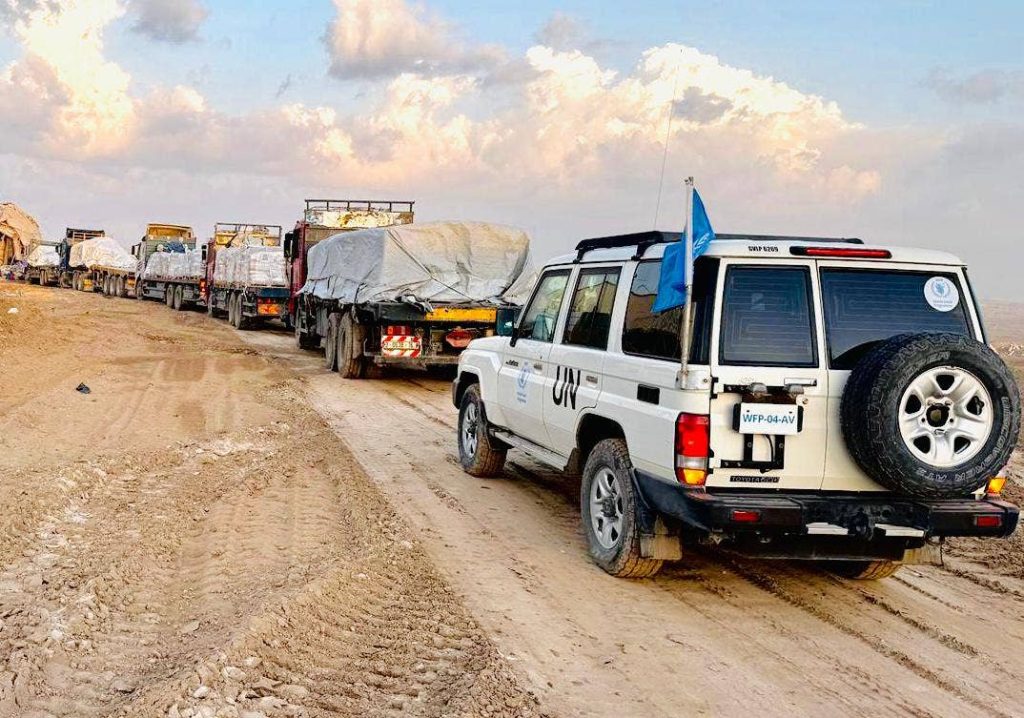The United Nations Relief and Works Agency for Palestine Refugees in the Near East (UNRWA) is facing mounting scrutiny over alleged ties to terrorist leaders and the propagation of anti-Israel sentiment within its educational programs. Despite a recent UN General Assembly resolution reaffirming support for the agency, internal divisions and external pressures are threatening its future. Sweden’s recent decision to withdraw funding, citing Israel’s ban on the agency, underscores the growing international concern.
Behind the façade of UN solidarity, internal dissent is brewing. Sources indicate that several UN agencies, notably the United Nations Development Programme (UNDP), have expressed their willingness to absorb UNRWA’s responsibilities, citing concerns about the agency’s efficacy and controversies. These proposals, however, have reportedly been rejected by UN Secretary-General António Guterres, creating internal conflict within the organization. While some UN elements acknowledge the challenges posed by UNRWA, their attempts to offer alternative solutions are being stifled at the highest levels. Guterres, while emphasizing UNRWA’s irreplaceability, has reportedly resisted the UNDP’s offer to expand its operations in Palestinian territories, including taking over crucial tasks like fuel distribution and waste management, even as other international aid organizations prepare to increase their presence in the region.
The debate surrounding UNRWA’s future is complicated by its alleged ties to terrorism and its struggles with fundraising. Reports of UNRWA members participating in the October 7, 2023 terror attacks have further damaged the agency’s reputation and impacted its financial stability, with the US significantly cutting its funding. In contrast, the UNDP operates without these constraints and has successfully funded a substantial portion of its Gaza emergency response program. The UNDP focuses on development and collaborates with humanitarian agencies to implement early recovery initiatives, such as infrastructure rehabilitation, cash-for-work programs, and capacity building. It emphasizes local partnerships and tailoring its activities to specific needs, showcasing a flexible and adaptable approach.
The controversy surrounding UNRWA’s role has sparked a broader discussion about the effectiveness of aid distribution in the region. Critics argue that UNRWA represents a small fraction of total aid to Palestinians, with other organizations like the World Food Programme, UNICEF, and ANERA playing more significant roles. These agencies possess independent logistical capabilities, allowing them to operate effectively without relying on UNRWA. The IDF corroborates this assessment, describing UNRWA as a “weak player” compared to other humanitarian groups operating in Gaza. This raises questions about UNRWA’s actual impact and its necessity in the complex humanitarian landscape.
UN Watch, a non-governmental organization, has further fueled the debate by releasing a dossier documenting UNRWA leaders’ meetings with representatives of terrorist groups. While UNRWA dismisses these reports as disinformation, UN Watch maintains that the evidence is readily available online and in social media posts. This ongoing revelation of alleged ties to terrorism further undermines UNRWA’s credibility and strengthens the arguments for alternative approaches to humanitarian aid and development in the region. The US, among other nations, has expressed concerns about the UN General Assembly resolution supporting UNRWA, highlighting its flaws and its failure to address the agency’s problematic aspects.
Despite mounting criticism, UNRWA Commissioner-General Philippe Lazzarini defends the agency’s importance, portraying its potential dismantling as a dystopian scenario. He argues that UNRWA’s continued operation is crucial for a two-state solution and warns against a future shaped by conflict and propaganda. However, critics like Hillel Neuer of UN Watch counter this argument, viewing UNRWA as an obstacle to peace and accusing it of perpetuating hatred and dependency. They believe that dismantling UNRWA would pave the way for a more hopeful future for Palestinians, facilitated by other established and less controversial humanitarian organizations. The contrasting perspectives highlight the deep divisions surrounding UNRWA’s role and its future in the region.


